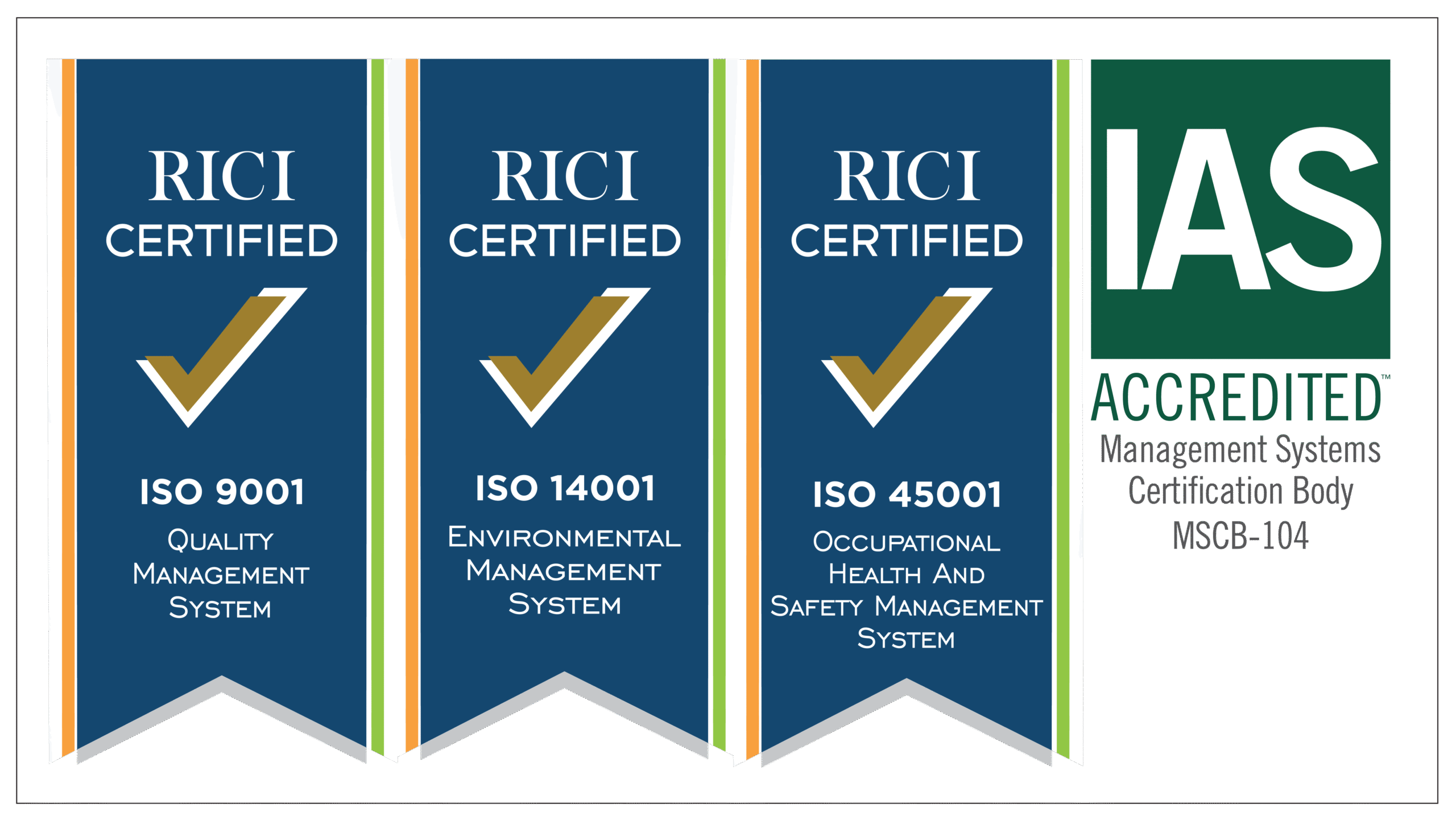In 2025, Saudi Arabia launched a new classification system for work permits to enhance labour market regulation and productivity in the Kingdom. The Ministry of Human Resources and Social Development (MHRSD) communicated this change to align the workforce with the goals of Saudi Vision 2030, which included building a fair, balanced, and efficient labour market that emphasised local talent development while also supporting fair employment opportunities for foreign workers.
Different New Work Permit Categories
The new classification system will categorise all expatriate work permits into three skill levels based on a new set of criteria that combines various factors, including types of profession, educational level, years of experience, points matrix, wage thresholds, and maximum ages. This classification uses the Saudi Unified Classification of Occupations as one of its bases for clarity and compliance across sectors.
The three categories of skills are:
Highly Skilled:
This category encompasses positions such as management, specialised roles, or technical roles that necessitate professional accreditation at a higher salary threshold. Candidates in this skill category are measured using a point system that assesses their qualifications, experience, and wage.
Skilled:
Includes office support, sales roles, crafts, factory jobs, and others with moderate wage and experience qualifications. Professional accreditation is always required for skilled roles if applicable. Jobs previously classified as Highly Skilled, but below the wage threshold, can be at Skilled.
Basic:
Requires general labour and/or entry-level roles with the lowest wage and skill requirements. Some basic occupations may necessitate the passing of accreditation tests, as the knowledge disciplines are essential for maintaining competency.
Implementation and Compliance Timeline
The Ministry is rolling out the system in two stages to facilitate a less abrupt change:
- Phase 1 (July 5, 2025, onwards): The matter is about the non-Saudi workers who are living and working in the Kingdom of Saudi Arabia. By this date, employers are also required to verify the categorisation of their employees.
- Phase 2 (From August 3, 2025): The second step is to initially stage the foreign workers intending to visit the Kingdom of Saudi Arabia. The permits will be issued to them according to the new classification criteria.
In order to make it easier for the implementation of the changes, the Ministry has included these new classifications in its Qiwa digital platform, which is used for the automation of work permit processing. Thus, both the employer and the employee can track, amend, or request a change to their respective permit categories.
Under the new Saudi labour regulations, one of the main aspects that employers have to consider is the increasing emphasis on upskilling and professional development of the workforce. The categorisation is highly dependent on the credentials and the accreditation, which serve as a strong incentive for employers to allocate funds for training and encourage their employees to obtain recognised certifications.
This approach creates compliance with wages and skills, as well as enriching productivity and innovation in general within firms. The first-mover advantage of adopting this mindset will serve organisations well in gaining a competitive advantage in the changing Saudi job market, a trend highlighted by the significant number of employers currently enhancing the human capital approaches to support the Saudi Vision 2030 objectives.
Impact on Employers and Workforce Management
Saudi Arabia has implemented transformations to work permit regulations that will significantly impact employers in the country:
- Increased Workforce Planning: Companies may become more strategic in managing their varied employee population by better identifying its skill categories and levels of salary directed by law.
- Saudisation Compliance: The wage brackets, skill levels, and skill categories have all affected Saudisation scoring and quotas. Those companies that are already prioritising skill development and know the proper level to assign will have a better standing when complying with regulations.
- Increased Developmental Accountability: Employers will need to support employees’ efforts to get accredited by either providing the training needed, the resources needed, or both, so their licences and skills are reflective of the licensing authorities.
- Decreased Penalties: Compliance with the rules as soon as possible may help prevent fines associated with misclassification or potential wage compliance.
Overall, this encourages employers to invest in employee training and restructure their wage systems to align with the changes established by the Saudi legal workforce, ultimately connecting them with the labour market and the economic vision of the country.
Vision 2030 in Saudi Arabia entails a larger commitment to reshape the entire talent ecosystem for the longer term and is not simply about thousands of jobs. The new work permit framework is part of a package of reforms that put emphasis on localisation, diversity, and the workforce’s future readiness.
Since 2016, the percentage of Saudis in high-skill jobs has increased from 32% to above 40%, and female labour participation in Saudi Arabia is projected to be above 36% in 2024. National programs like Taqat and WAAD have created over a million training opportunities, and actively support both the upskilling of Saudi citizens and organisational talent pipelines.
For international employers, responding to these changes is not just about compliance; gaining access to a young, increasingly skilled, and digitally literate workforce will play a central role in the Kingdom’s ambitious economic transition.
How 6 Pence Supports You Through The Transition
Comprehending new work permit regulations and skill classifications can be challenging. This is where 6 Pence becomes your trusted partner. With over 20 years of experience in Saudi labour laws and workforce management, 6 Pence helps businesses:
- Comprehend and apply skill classifications under the new permit rules.
- Use Qiwa as a digital platform for compliant workforce engagement
- Oversee professional accreditation and employee contract verification
- Create hiring and retention strategies for the skill market of Saudi Arabia
Employers who engage with 6 Pence reduce compliance risk, enhance labour optimisation costs, and improve labour quality while integrating with the Kingdom’s labour system reform.
Conclusion
The recently established work permit rule in Saudi Arabia marks an important change in the regulation of the labour market, creating a transparent, skills-based system that takes into consideration the needs of the employer as well as the needs of the expatriate workers. Staying informed and proactive in the application of these regulations, perhaps via Qiwa, will be important in achieving operational success and setting yourself apart from competitors in one of the fastest-growing economies in the world.
Employers should seek workforce legal expertise to adjust to the changes in regulations efficiently, which will also benefit employees in achieving their fullest potential in Saudi Arabia’s ever-changing working environment.
Also Read:
Termination Of Contractual Relationship Under Saudi Labour Law






